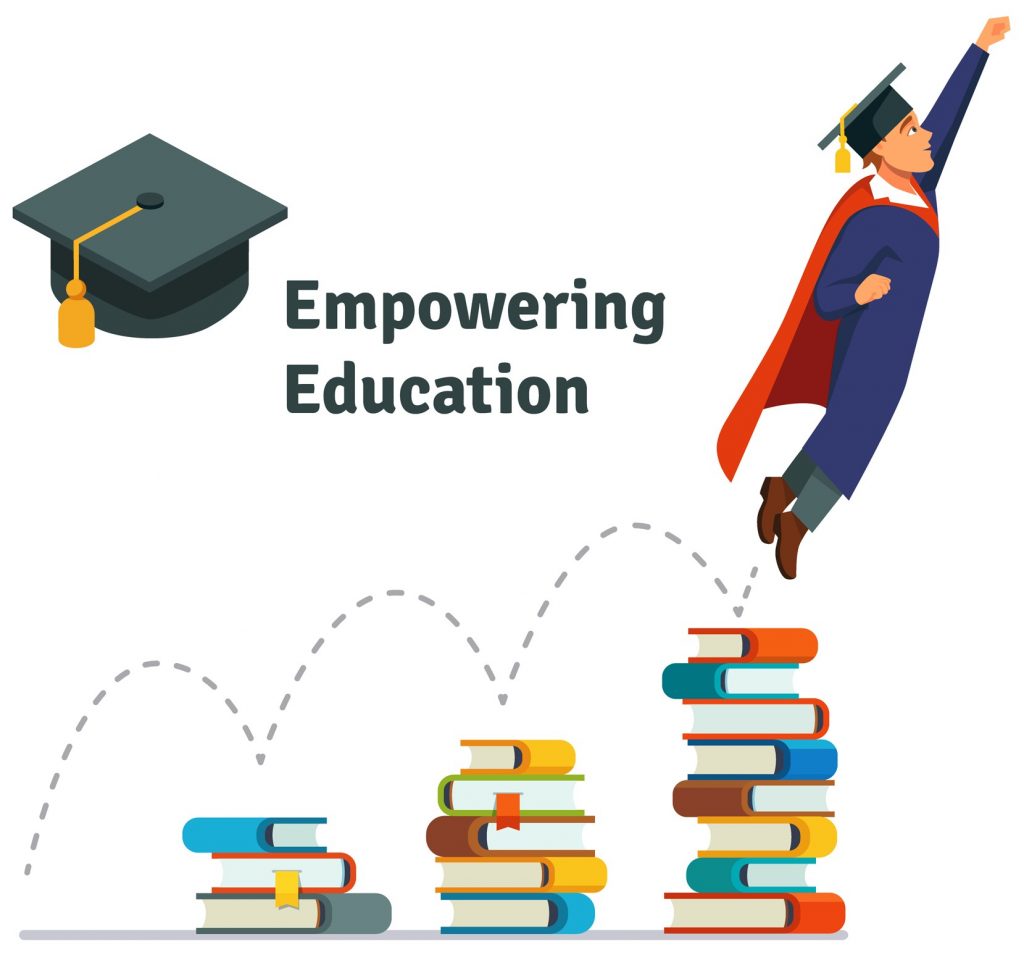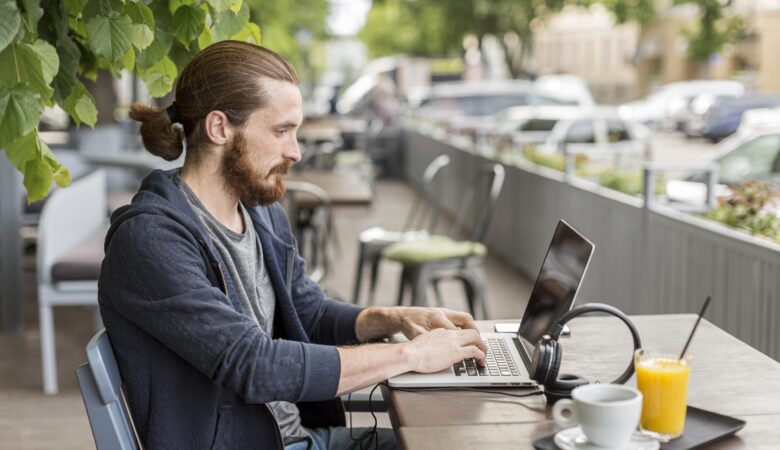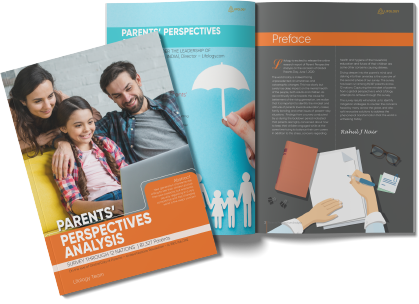The COVID 19 pandemic had been a game-changer in many fields since its outbreak in December 2019. It has spread to almost all the countries on earth and created a worldwide panic, perhaps similar to World War II. The lifestyle had changed, and the world is now searching for a ‘new normal.’ Although the pandemic had its devastating effects on the planet, it proved to be a blessing for some sectors. The education sector is one such area where the pandemic has proved to be a blessing in disguise.
The children are locked down in their homes, and there was only limited access to education at the first phase. But things started to change with the introduction of online learning, and the education sector seemed to have recovered fast from the pandemic-driven slowdown. Now students are in such a position to say ‘education is at their fingertips’; which we never thought would be so comfortable for both the students and teachers. Before COVID, the implementation of online learning was just theories that only a smaller percentage of users accessed. Now the traditional classroom atmosphere has changed to online classrooms and webinars.
The Indian education system really needed a shift from its old ways of teaching and learning practices. The system only caters to the bookish knowledge aspect rather than the skill aspect, which is the real game-changer in today’s world. The present scenario has made it possible for students to access webinars and short-term courses from distant universities, which was earlier the privilege of those who had a good internet connection and smart devices. It can be considered as one of the positive effects of the COVID 19 pandemic.
 Online courses are taking mainstream because it is much more convenient for the students who have the facilities to access them. These also make the teachers more competent. Only the fittest members of the teaching community will succeed in this online education scenario since it is a public academic activity that demands fine, up-to-date teaching skills. The government is also pushing online education and courses to the mainstream.
Online courses are taking mainstream because it is much more convenient for the students who have the facilities to access them. These also make the teachers more competent. Only the fittest members of the teaching community will succeed in this online education scenario since it is a public academic activity that demands fine, up-to-date teaching skills. The government is also pushing online education and courses to the mainstream.
On the flip side, online education has its demerits too. The real essence of education does not lie only in the bookish knowledge but also the social interaction between peers and teachers; and the development of social skills. Teaching children in the lower classes does need that human touch. The teacher should constantly monitor children in these classes, and this individual attention cannot be given through an online platform. Another section that needs utmost care is the children from rural backgrounds for whom the availability of laptops, mobile phones, and internet connection is very less. The government and various private organizations are now coming forward to turn this issue around and make technology and the internet a part of everyone’s home.
This transition has also brought together online platforms that promote the creativity of youngsters as well as adults. The lockdown has become instrumental in bringing out the hidden talents in many and given the courage for many to showcase their talents through online platforms. Few considered this an opportunity to learn new things and find out what the world offers. Various online platforms thrived on providing adequate tools and arenas that would help promote this culture of sharing, supporting, learning, and appreciating through online platforms. Education started to be true about the experiences and learning from doing in these few days.
The biggest blessing was the family time each of us received without the hectic planning or conscious decisions. We came together to enjoy the lost dinners and missed lunches. The change is visible from the home to society to the world. People are learning to adapt and grow with the current tides.
The world has changed, and we should embrace that change for a better tomorrow. When the land rises back to glory, free from the pandemic, we need to be equipped with the right tools and mindset to succeed.








